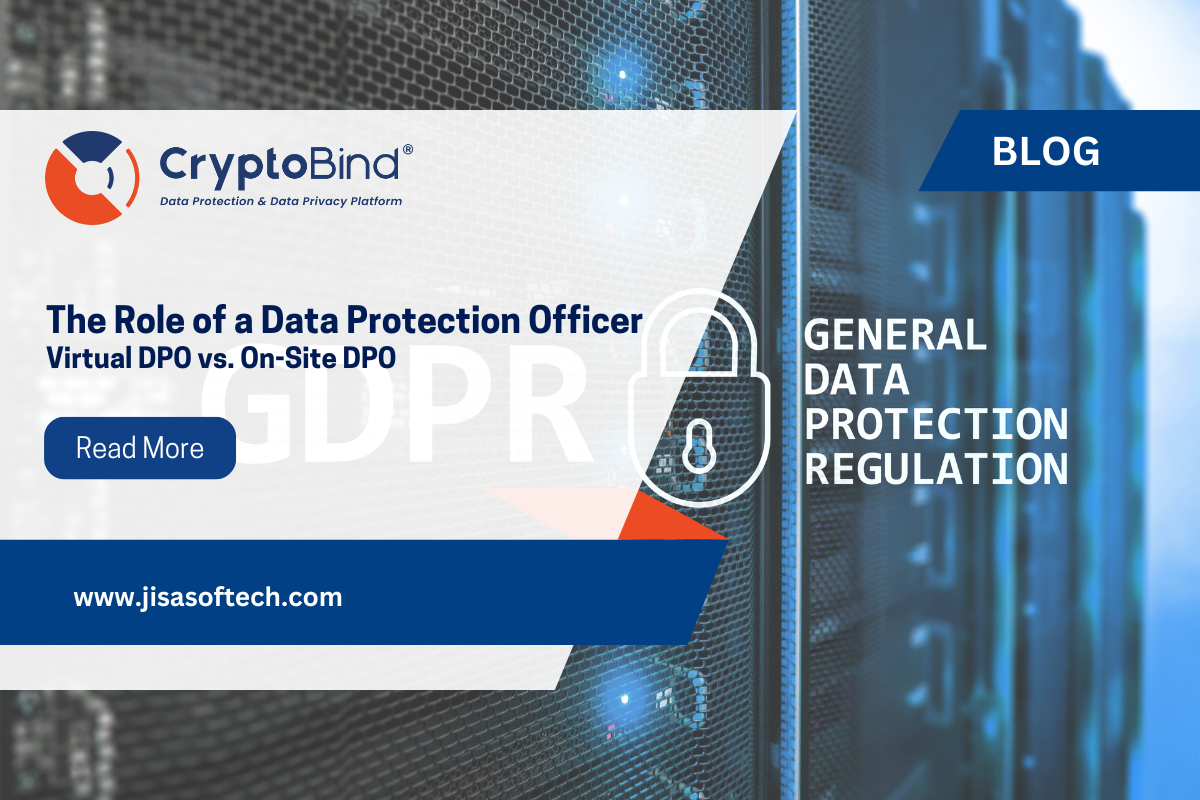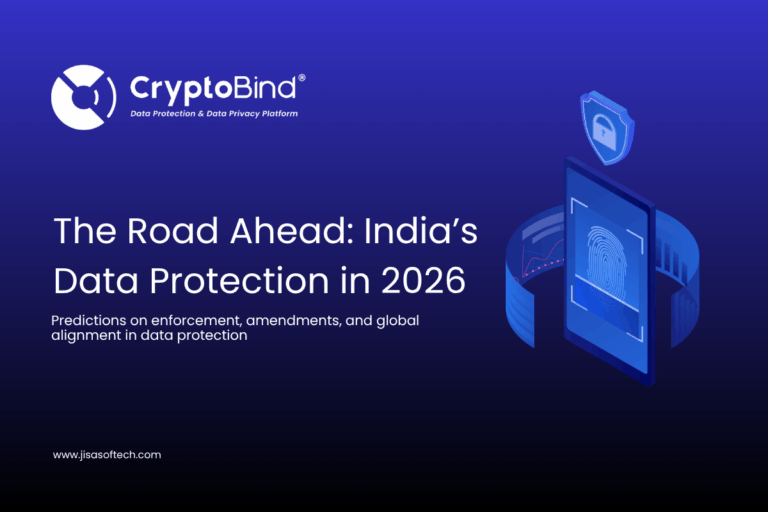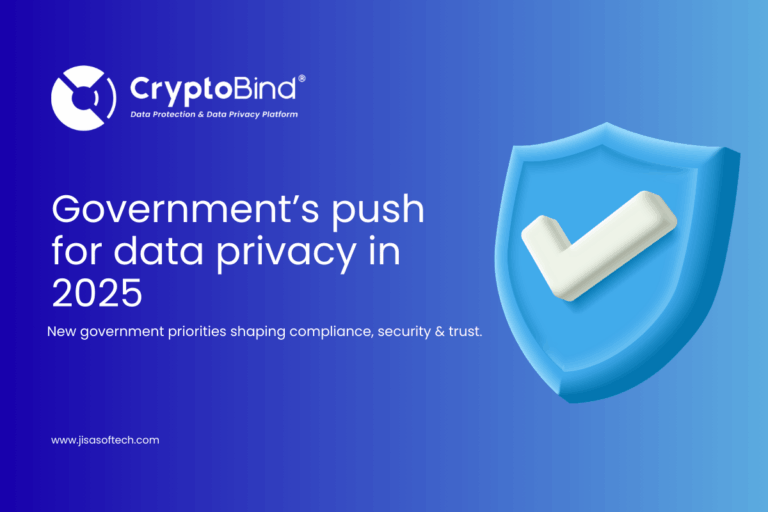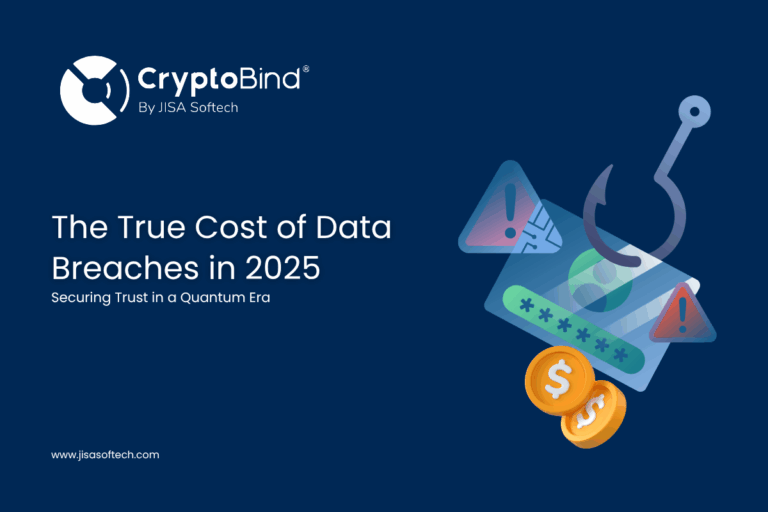The Role of a Data Protection Officer: Virtual DPO vs. On-Site DPO
In an increasingly data-driven world, organizations collect, process, and store vast amounts of personal data, raising significant concerns about privacy and compliance. The role of the Data Protection Officer (DPO) has emerged as a pivotal position to ensure organizations navigate the complex landscape of data protection laws and maintain trust with customers and stakeholders.
This article delves into the responsibilities of a DPO, their importance under frameworks such as India’s Digital Personal Data Protection Act (DPDP Act), and explores the merits of employing an on-site versus a virtual DPO.
Who is a Data Protection Officer?
A Data Protection Officer is a designated individual responsible for overseeing an organization’s data protection strategy and ensuring compliance with applicable laws, such as the General Data Protection Regulation (GDPR) in the EU or the DPDP Act in India. The DPO acts as a bridge between the organization, regulatory authorities, and data subjects (individuals whose data is being processed).
Their core responsibilities include:
- Monitoring Compliance: Ensuring adherence to data protection laws through audits, policy reviews, and employee training.
- Facilitating Data Subject Rights: Managing requests related to data access, rectification, or deletion.
- Handling Data Breaches: Leading the response to data breaches, including reporting to regulators.
- Training and Awareness: Cultivating a privacy-first culture within the organization.
- Consent Management: Establishing robust systems for obtaining, managing, and revoking consent for data use.
With stringent data protection regulations like the DPDP Act, which emphasizes principles like data minimization, lawful processing, and accountability, the DPO’s role has become indispensable, particularly for organizations processing large volumes of sensitive personal data.
On-Site DPO: The Traditional Approach
An on-site DPO is a dedicated, in-house resource employed full-time by the organization. This traditional approach has several advantages:
Advantages:
- Exclusive Access: An on-site DPO is readily available to address immediate concerns and emergencies.
- Deep Organizational Knowledge: By being embedded in the organization, an on-site DPO develops a nuanced understanding of the company’s systems, processes, and culture.
- Tailored Training and Advocacy: They can design and deliver training specific to the organization’s unique needs and ensure data protection principles are integrated into everyday operations.
Challenges:
- Scarcity of Talent: Finding a qualified DPO with the requisite expertise in data protection laws, risk management, and organizational processes can be challenging.
- Cost: Employing a full-time DPO can be expensive, particularly for small to mid-sized organizations.
- Independence Issues: Ensuring the DPO remains independent, as required by many regulations, can be difficult if they are tasked with conflicting responsibilities.
Virtual DPO: A Modern Solution
A virtual DPO (vDPO) is an external service provider offering data protection expertise on a contractual basis. This flexible approach is increasingly popular among organizations that may not require a full-time DPO.
Advantages:
- Expertise and Experience: Virtual DPOs often work across multiple organizations and industries, bringing a wealth of knowledge and best practices.
- Cost Efficiency: Organizations can pay for services as needed, making this option more affordable than hiring a full-time DPO.
- Independence: A virtual DPO ensures an unbiased perspective, free from internal organizational pressures.
- Resilience: With a team-based virtual DPO service, organizations can avoid reliance on a single individual, ensuring continuous support even during absences.
Challenges:
- Limited Presence: A virtual DPO may lack the immediate accessibility of an on-site resource, potentially leading to delays in urgent situations.
- Learning Curve: Gaining an in-depth understanding of the organization’s specific operations and culture may take longer.
- Reliance on External Providers: Over-dependence on external services might dilute internal accountability for data protection.
Hybrid Model: The Best of Both Worlds?
Many organizations find that a hybrid approach—combining an on-site presence with virtual support—offers the best balance. For example, an organization might employ a data protection champion internally while relying on a virtual DPO for specialized tasks such as regulatory liaison or complex audits.
This model leverages the strengths of both approaches: the contextual understanding of an on-site resource and the broad expertise of a virtual DPO.
Key Considerations When Choosing Between On-Site and Virtual DPOs
When deciding whether to employ an on-site or virtual DPO, organizations should evaluate the following factors:
- Data Volume and Sensitivity: Organizations handling large amounts of sensitive data may benefit from an on-site DPO for continuous oversight.
- Regulatory Environment: In regions with strict data protection laws, having immediate access to a knowledgeable DPO becomes crucial.
- Budget: Virtual DPOs can provide cost-effective solutions for smaller organizations or those with limited data protection needs.
- Internal Expertise: If the organization already has a strong internal compliance team, a virtual DPO can complement their efforts.
- Organizational Complexity: Highly complex operations may require the dedicated focus of an on-site DPO.
The Future of Data Protection: Adapting to Evolving Needs
As data protection laws evolve globally, the role of the DPO will continue to grow in significance. Whether organizations choose an on-site or virtual DPO—or a combination of both—success hinges on their ability to prioritize privacy, maintain compliance, and foster trust.
Ultimately, the decision should align with the organization’s specific requirements, ensuring that data protection remains a cornerstone of its operations. By understanding the strengths and limitations of each approach, organizations can safeguard their data and thrive in an era where privacy is paramount.
Secure your data and stay ahead in compliance with CryptoBind. Our advanced solutions are designed to meet global data protection regulations, including the DPDP Act and GDPR, ensuring your organization’s data remains safe, secure, and compliant. With our certified Data Protection Officer (DPO) on board, we guide you through the complexities of regulatory compliance, giving you peace of mind and a competitive edge. Take the next step in safeguarding your business. Contact us today to discover how we can empower your data protection strategy!
Website: www.jisasoftech.com
Email: sales@jisasoftech.com







